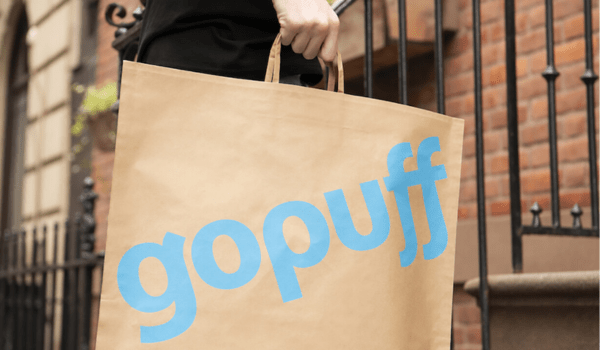Gopuff is a delivery service that operates in hundreds of cities across the United States and Britain. The company has been expanding rapidly in recent years and has raised billions of dollars in funding, with Softbank Group Corp among its investors. Gopuff has become increasingly popular among consumers, especially during the COVID-19 pandemic, as it offers a contactless and fast way of getting essential items delivered to their doorstep.
However, the company has also faced scrutiny and legal challenges over its worker classification practices. Like other app-based services such as Uber, Lyft, and Grubhub, Gopuff has relied on independent contractors to perform delivery services, which are often cheaper than hiring employees. But this has raised questions about whether these workers should be classified as employees, as they may not have access to the same benefits and legal protections as regular employees.
In the case of Gopuff, the Massachusetts Attorney General’s office received complaints from former and current workers, leading to an investigation into the company’s worker classification practices. The investigation found that the standard for proving that workers are independent contractors did not apply to Gopuff drivers, who should have been classified as employees. The company failed to provide drivers with pay stubs and sick leave required for employees, leading to the $6.2 million fine imposed by Attorney General Campbell.
The fines highlight the growing issue of worker classification in the gig economy, which has become a point of contention between app-based companies and lawmakers. While some argue that independent contractor status offers workers more flexibility, others argue that it deprives them of basic protections and benefits. The ongoing legal battles between app-based companies and lawmakers in California and Massachusetts show that this issue is far from being resolved.



